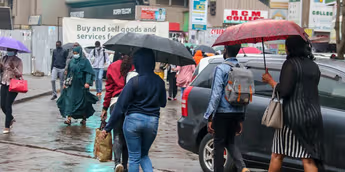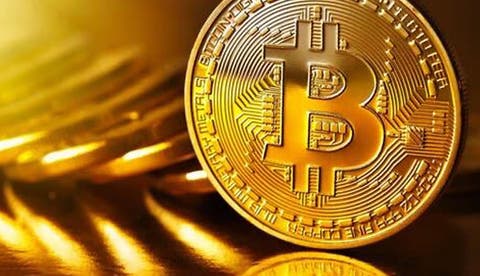Amid government bans, risk of phone theft, lack of internet, long password cramming, and other roadblocks facing Bitcoin trading in Africa, young people in the second largest continent of the world, especially West African Nigeria have devised a new peer-to-peer method of sending Bitcoin without internet.
Bitcoin is a decentralized digital currency that you can buy, sell and exchange directly, without an intermediary like a bank. Bitcoin’s creator, Satoshi Nakamoto, originally described the need for “an electronic payment system based on cryptographic proof instead of trust.”
Reliance on remittances and the prevalence of peer-to-peer phone payments led to a steep rise in cryptocurrency use in Africa’s largest economy.
Out of 74 countries, according to Global Consumer Survey, Nigerians are the most likely to say they used or owned cryptocurrency.
Almost a third of Nigerians said this applied to them. The high cost of sending money across borders the conventional way has caused many to turn to local cryptocurrency exchanges catering to overseas workers and their families, according to Bitcoin.com.
Nigerians also often use their phones to send money to each other or to pay in shops. Recently, businesses in the country have been adding crypto plugins to their phone payment options, adding another way in which Nigerians can use cryptocurrency in their everyday lives.
Smartphone penetration on the continent has greatly improved over the last five years. However, feature phones still hold a large market share in Africa, and of those who do have access to smartphones, these people still need to deal with limited access to the internet, high cost of data, and the use of low bandwidth connection.
These conditions make technologies like SMS and USSD a popular use case across the continent. Many Africans use USSD and SMS portal services to remit money, access finances, and purchase goods and services; it’s user behaviour that is well understood and practised daily.
Bitcoin expands outside the internet
Having a bitcoin wallet that leverages USSD makes a lot of sense if we are to onboard these users to the bitcoin network and expand adoption. One application looking to make strides in this niche is Machankura, a bitcoin Lightning-enabled wallet that can be accessed and managed solely through USSD menus.
What is Machankura?
Machankura is a custodial bitcoin wallet that leverages the Lightning Network on the backend. A user will manage the wallet through their USSD menu, but Machankura manages the requests through their infrastructure with the Lightning network. Users are broadcasting requests via mobile networks and NOT an internet connection; the request is then accepted and relayed through the internet and the Lightning network via Machankura.
Users can think of it as a Wallet of Satoshi, but bare-bones; instead of having a smartphone app, you’re interacting with the wallet via the USSD menu.
How to get started with Machankura?
Ghana – Dial: *920*8333#
Kenya – Dial: *483*8333#
Malawi – Dial: *384*8333#
Nigeria – Dial: *347*8333#
South Africa – Dial: *134*382*382#
Uganda – Dial: *284*8333#
Once you dial the number for the first time, you’ll need to set up the account tied to your phone number and create a pin you will use to confirm transactions. Once you register an account, you will be greeted with a simple menu providing you with five options.
Send bitcoin
Receive bitcoin
Account details (View balances and transaction history)
Buy goods/services (Not yet available)
Exit


















